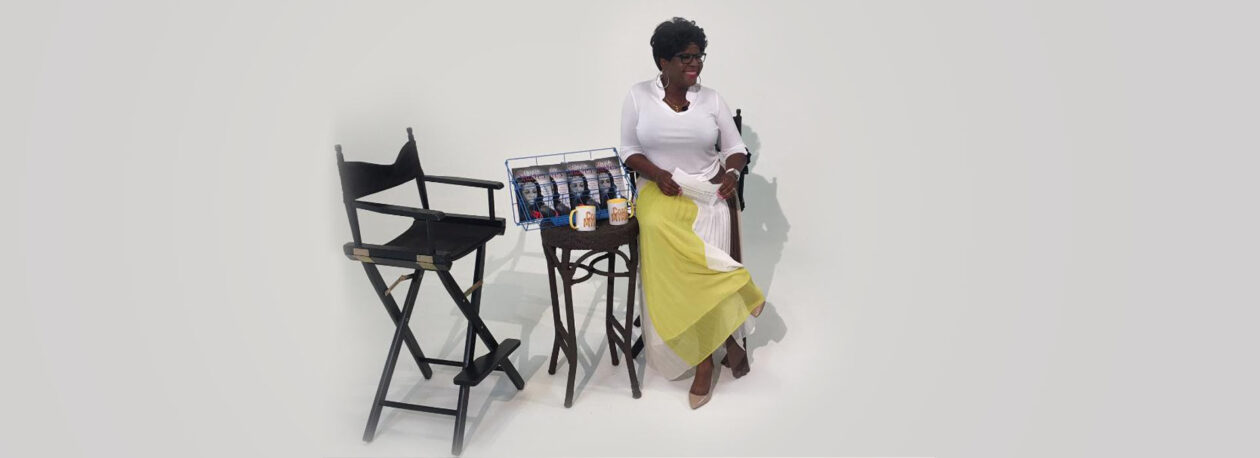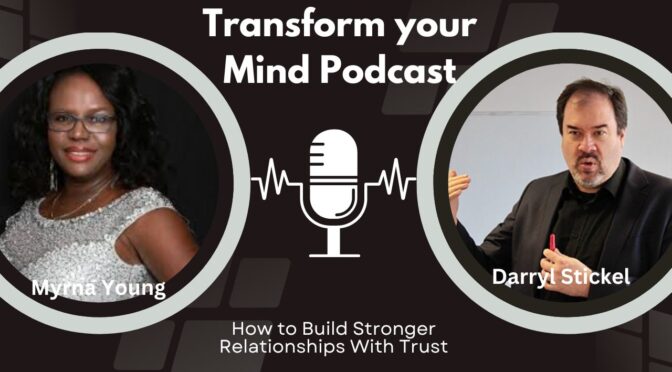In the intricate tapestry of personal relationships, building trust in relationships, is the cornerstone upon which strong bonds are formed. This blog delves into the delicate art of, building trust in relationships, and nurturing trust with benevolence and integrity. Join us on this exploration of trust's transformative power, and uncover the keys to forging lasting connections that stand the test of time.
Download the podcast here
Introduction
Daryl stickle is one of the world's leading experts in trust with over 20 years experience his PhD building trust in hostile environments. Duke University established him as a global leader for governments and businesses. His unpractical approaches to, building trust, that has worked for McKinsey and Company in their Toronto office as well as advise the Canadian military on, building trust, in Afghanistan. He has served as faculty for the Luxembourg School of Business and the Center for Effective organized organizations at the University of Southern California and recently completed his book Building Trust Exceptional Leadership in an Uncertain world.
Sponsored AD
With HelloFresh, you get farm-fresh, pre-portioned ingredients and seasonal recipes delivered right to your doorstep. Skip trips to the grocery store and count on HelloFresh to make home cooking easy, fun, AND affordable – that’s why it’s America’s #1 meal kit!
Fall is right around the corner and HelloFresh is here to help you plan for the busy season ahead, with tasty dishes delivered to your door. Simply choose your recipes and pick your delivery date, then lay back and enjoy the last days of summer knowing dinner is covered!
Feel like cooking a wholesome, homemade meal for your family, but no time to prepare? With HelloFresh, all you need is 15 minutes and you’ll be enjoying a tasty, satisfying meal made in your own kitchen. Just look for their Quick & Easy dinner options, quick breakfasts and lunches, too!
I love the meat and veggies dishes my favorite recipe is the Monterey jack fried chicken with potatoes and green beans. I had a gourmet meal in 15 minutes!
“Go to HelloFresh.com/50transform and use code 50transform for 50% off plus free shipping!” to try these meals for yourself.
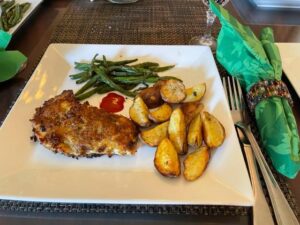
Myrna: maybe we can lay some foundations of how that can happen for anybody that's listening, but I know that you help leaders and organizations. I understand you have a structured and systematic approach that helps leaders to build trust.
Building Trust in the Workplace
Darryl: I and I also do work with families trying to help them understand how, building trust in relationships, and also, building trust in the workplace. For me trust is a willingness to make ourselves vulnerable, when we can't completely predict how someone else is going to behave.
If I'm a leader, how do I know if people trust me? I'll ask these questions. One of the challenges we face is just a lack of awareness about who we trust and how much. If I asked you, do you trust me? You'd feel awkward right? It's awkward to say no, because that would be rude and it might trigger an inappropriate response.
Our head goes to this place where we either trust people or we don't, it's a dichotomous variable, like an old-time light switch. The reality is we trust some people more than others and so when I ask people who do you trust, I get these close tight personal relationships. Best friends, siblings, spouse parents.
When I flip the question and I say who trusts you? I get this sort of long pause and then people say, how do I know if someone trusts me or not? I'm a leader my subordinates can make themselves vulnerable by telling me what their real development needs are? By taking risks, making mistakes by pushing back against things that they don't think are going to work and coming up with Innovative Creative Solutions.

Definition of trust
I believe that trust is a combination of uncertainty and vulnerability and in fact it's uncertainty times vulnerability. It gives us a level of perceived risk, we each have a threshold of risk that we're willing to tolerate. NFR perception of the risk goes beyond that threshold. We don't trust if it's beneath it then we do and so, building trust in relationships, actually becomes a fairly simple matter of understanding where does uncertainty come from. Where does vulnerability come from and how do I take steps to help people manage those.
Myrna: How do I build trust, or how do I trust someone? I believe that trust is earned. For instance, let's say we're starting off in a, business relationship, I am going to trust you until you burn me. I am going to trust you until I realize that you're stabbing me in the back. How does vulnerability comes into play?
Darryl: We start off in the world with a high level of trust and in most situations our parents go out of their way to make sure that we don't experience levels of vulnerability that are too high. They try to prevent us from being injured, they try to keep people from us who they don't think are safe and they keep an eye on situations where we might get burned.
So we learn over time about how much risk we're willing to tolerate and part of that's cultural and part of that's historic. The example you give of we we start with a new boss or a new team or a new set of co-workers yes there's a certain level of trust there and it's partly because we have these expectations that we're all sort of pulling in the same direction. We're all kind of on the same side and we dip our toe, we don't make ourselves incredibly vulnerable right away.
We accept a little bit of vulnerability as we come to understand them and I'm going to frame this in terms of relationships. Early in relationships we have high levels of uncertainty, which means we can only tolerate a small range of vulnerability and still fit beneath that threshold we're comfortable with. As we gain more experience that uncertainty starts to go down which means the range of vulnerability we can tolerate starts to grow.
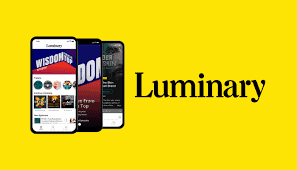
Building trust in relationships with benevolence
There are three levers we can pull from the individual perspective, there's benevolence, integrity and ability.
- Benevolence – is the belief you have my best interest at heart and then she'll actually work in my best interest.
- Integrity – is do I follow through on my promises and do my actions line up with my values and abilities. Do I have the confidence to do what I say I'm going to do? So that boss has to have shown us at some point that their response is going to be supportive and helpful rather than angry and frustrated and that that they're going to tolerate mistakes.
- Ability – As you learn and grow, I want to position you to succeed and I'm going to ask you to do something that's slightly outside your comfort zone and you come back to me and say, I may not get it perfect but I am goin to try.
Myrna: You also have a system that helps parents, build trust, with their children. One of the things that I know as a parent is that your kids are always watching. How do you teach parents to, build trust, with their children?

How can parents build trust with their children
Darryl: I've actually written an article on this that's on my website at trustunlimited.com it's free if people want to go look for it it's in the blog section. It's on trust and parenting, but again it goes back to those levers. We explain the context so there are four levers within uncertainty. I believe that there are ten altogether that we can pull, and the four within uncertainty are benevolence, integrity, ability and context is the fourth lever.
So to the extent that our kids understand how we're constrained and what we can and can't do, and what the rules are for our family. Then they understand how we're going to behave, but we also need to be able to convince them that we have their best interests at heart. I talk about benevolence quite a bit and when I'm working with families, I'll ask them, who here has their kids best interest at heart and all the hands go up.
When I flipped that question and say how many of your kids would say that you have their best interest at heart? it's about a third and it's somewhat hesitant and so how do we make it obvious, how do we make it land? It doesn't mean always being nice. Benevolence is truly about having their best interest at heart.
Myrna: I'm loving this. We've talked about the office, we've talked about parents. Let's talk now about, building trust is personal relationships.
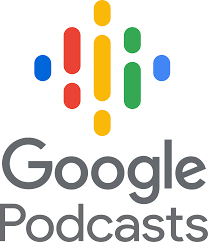
Building trust in personal relationships
Darryl: How does trust evolve in, personal relationships? From the start it's going throughout that blend of uncertainty and vulnerability. In our relationships as uncertainty gets more and more compressed, as we become more and more convinced that we know the other person and how they're going to act, the range of vulnerability we can tolerate starts to really grow. In our deepest relationships, we've got very small levels of uncertainty which means we can be incredibly vulnerable with one another.
There can be things that happen to cause the uncertainty to rise for us which makes us uncomfortable. When I work with people around, how to, build trust, I focus in on the 10 levers that I talk about. Four of them are within uncertainty, two of them are within vulnerability, there's two within perceived outcomes because we interpret the world through stories.
I was working with a student in Luxembourg and I said, I want you to tell me a relationship that's really important to you and he said my girlfriend. I said great when you go home tonight you're going to say to your girlfriend, I was talking with Daryl today and he said that benevolence is really important to, building Trust, and that means having someone else's best interest at heart. He asked me about a relationship that really mattered to me and I said you.
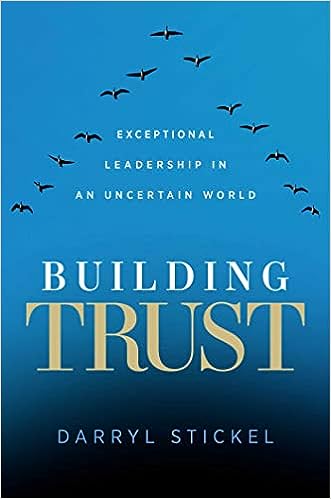
Book: Building Trust Exceptional Leadership in an uncertain world
Myrna: Tell us about your book it's called Building Trust Exceptional Leadership in an Uncertain world why did you write it?
Darryl: It especially a leadership book about, building trust in the workplace, and there's some personal stuff as well. I find the model holds. I had to pick somewhere to start. If I were to write another book, which I may, it would be around parenting and family. I wrote the book I put everything in there, there's no hidden messages that I've kept secret. I've put the whole model on, building trust, in the book. I've also talked through all 10 levers.
I've talked about how to pull those levers effectively, I've given examples and case studies of situations where those levers have been pulled and what we've done. So the intent of the book is to really scale things. I've also got a master class, it's about three hours in length. It's five minute segments that really walks people through trust and uses role plays and exercises to help people actually apply the skills.
Conclusion
Myrna: tell us about your website tell us about your course your social media handles
Darryl: You can reach out to me at [email protected] you can go to the website trustunlimited.com and there's a Blog section there with articles and some podcasts. There's a course, there the master class that's available and you can order the book anywhere online. People can reach out to me on LinkedIn.
I've got a YouTube channel it's just in its very early stages it's trust unlimited podcasts
